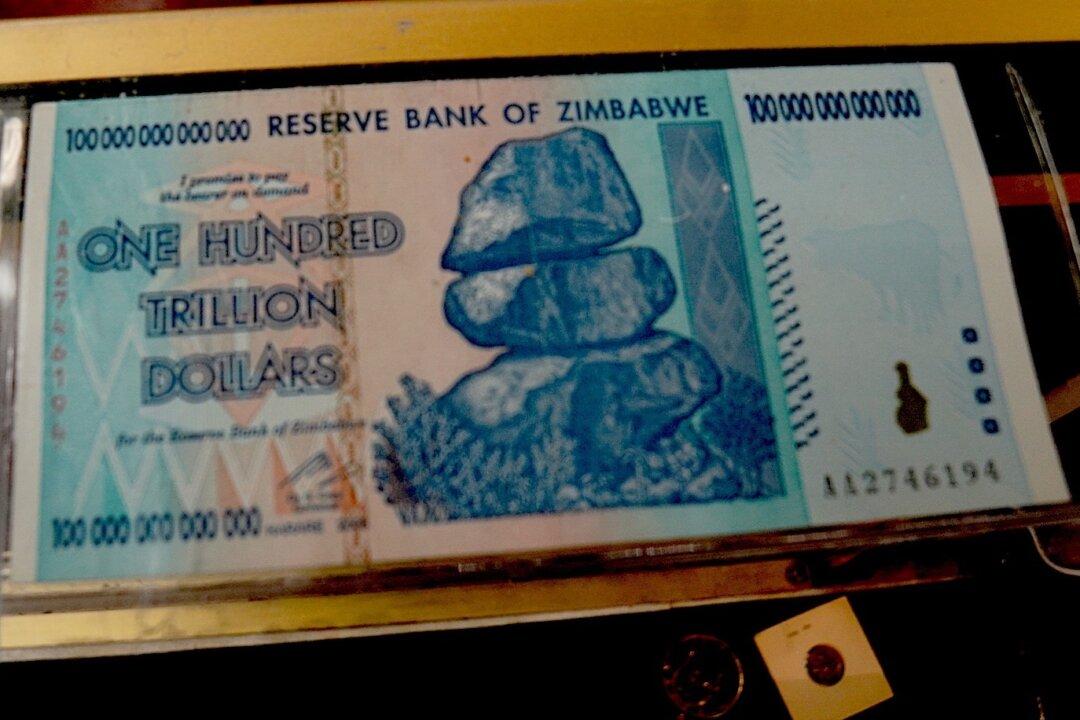In the early 1990s, a British Kenyan businessman, Kamlesh Pattni, allegedly stole $2.3 billion from the public coffers of Kenya and got away with it.
A commission of inquiry later found that Pattni’s company, Goldenberg International Ltd., allegedly pretended to export gold and diamonds and in exchange received substantial subsidies from the government for earning foreign exchange.





